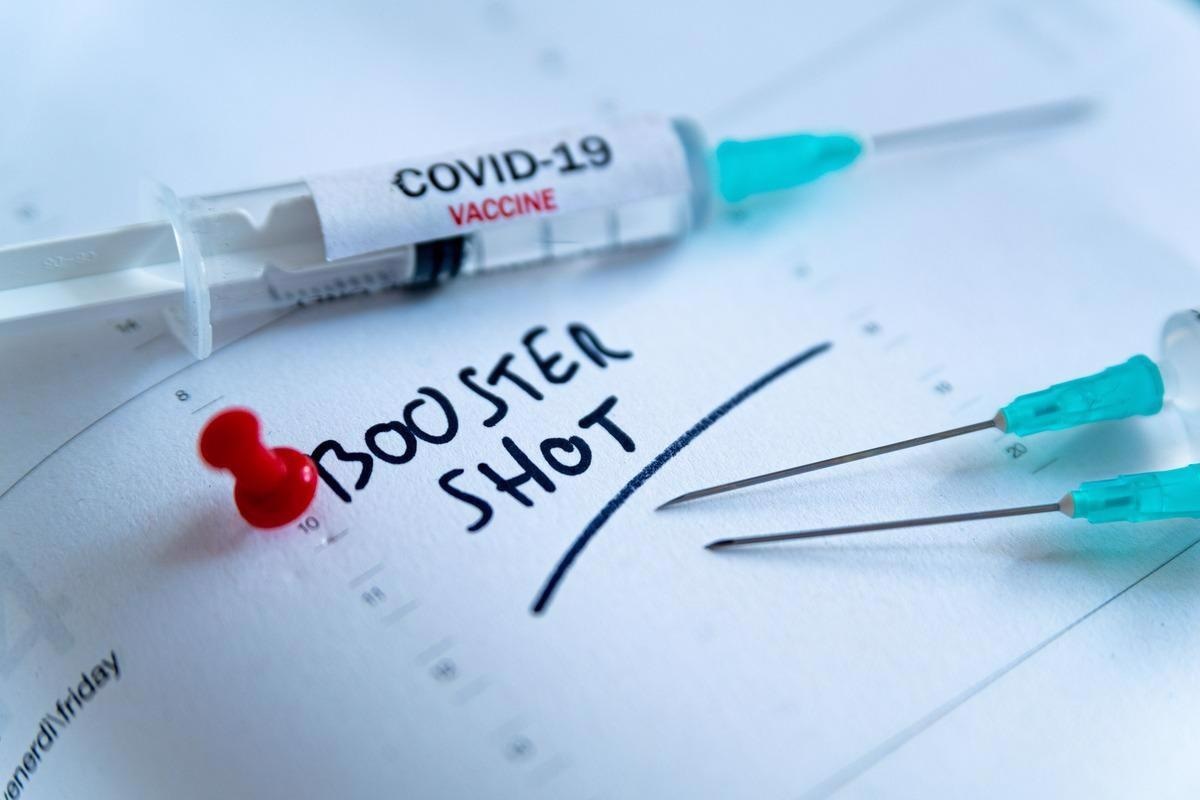A research team collaborating across the University of Texas Medical Branch-Galveston, Pfizer Vaccine Research, and BioNTech SE recently conducted a study on the neutralization capacity of the BNT162b2 (Pfizer-BioNTech) messenger RNA (mRNA) vaccine against the Omicron variant of severe acute respiratory syndrome coronavirus 2 (SARS-CoV-2) and found that while two doses effectively protect against hospitalizations, a third dose of the vaccine is critical to confer robust neutralization against Omicron.

Study: Neutralization and durability of 2 or 3 doses of the BNT162b2 vaccine against Omicron SARS-CoV-2. Image Credit: davide bonaldo/Shutterstock
SARS-CoV-2 continues to evolve while generating new variants of concern (VOCs), including Alpha, Beta, Gamma, Delta, and Omicron. These variants carry genetic mutations, and the ones occurring in the spike S glycoprotein are mainly responsible for altering viral transmission potential, disease severity, and immune escape. The newly emerged Omicron variant, owing to its high transmissibility, is rapidly spreading worldwide, causing even more incidents of breakthrough infections in previously infected and vaccinated individuals.
BNT162b2 vaccine, encoding the prefusion stabilized full spike S glycoprotein of Wuhan-Hu-1 isolate of SARS-CoV-2, is being used around the world for vaccination in people 16 years and older, and recently has been granted emergency use authorization (EUA) by U.S. Food and Drug Administration (FDA) to permit its use in individuals 5 years of age and older.
Earlier, the team had reported the susceptibility of other VOCs and variants of interest (VOI) to BNT162b2 vaccine-elicited antibodies. Now in the current study, the team examines the BNT162b2 vaccine-elicited neutralization potential against the Omicron variant and the duration of persistence of this capacity.
Study details
The team used a reverse genetics approach to generate a recombinant USA-WA1/2020 bearing Omicron variant full spike glycoprotein, which was used in the neutralization assays.
The 50% plaque-reduction neutralization titers (PRNT50) were measured for serum samples collected from the BNT162b2 vaccinees participating in the phase 1 of the ongoing clinical trials. Four longitudinally collected BNT162b2-vaccinated serum panels were used in the study:
Panel 1 (n=20) collected at 2 weeks or 4 weeks after the second dose of BNT162b2.
Panel 2 (n=22) collected on the day of the third dose of BNT162b2 (administered at 7.9 to 8.8 months after the second dose).
Panel 3 (n=22) collected at 1 month after the third dose.
Panel 4 (n=21) collected at 4 months after the third dose.
50% plaque reduction neutralization titers (PRNT50) were measured for each serum sample in duplicate assays, and the geometric mean titers (GMTs) were calculated.
Study findings
Panel 1 sera, collected 2/3 weeks after the second dose, neutralized USA-WA1/2020 and Omicron-spike SARS-CoV-2 with GMTs of 511 and 20, respectively. All panel 2 sera had neutralization GMTs of 160 or higher against the wild-type USA-WA1/2020 isolate, while only 11 of the 20 sera reached neutralization titers of 20 (limit of detection) or more against the recombinant Omicron-spike virus. Thus, the neutralization potential against Omicron-spike SARS-CoV-2 was 25.6 times lower than that against USA-WA1/2020 and was in line with GMT reductions noted in some previous reports.
Panel 2, collected on the day of the third BNT162b2 dose, demonstrated a reduction in GMT levels against USA-WA1/2020 to 65. The GMT against Omicron remained even lower at 13, with only 8 of the 22 sera exhibiting neutralization titers of ≥20.
Panel 3 sera, collected one month after the third dose, neutralized USA-WA1/2020 and Omicron-spike SARS-CoV-2 with GMTs of 1342 and 336, respectively, equivalent to an increase of 2.6 and 16.8 times, respectively, when compared to the corresponding GMTs of Panel 1 sera.
The Panel 4 sera, collected four months after the third dose, demonstrated a dip in the neutralization capacity with GMTs of 820 and 171 against USA-WA1/2020 and Omicron-spike SARS-CoV-2, respectively. But, notably, all the Panel 4 sera neutralized Omicron-spike virus at GMTs of 28 or more.
From 1 to 4 months post-dose 3, the neutralization GMTs decreased by 1.6 and 2 times against USA-WA1/2020 and Omicron, respectively. However, the difference between the two panels' PRNT50 ratios was not statistically significant between the variants, pointing to a similar antibody decay kinetics for both USA-WA1/2020 and Omicron variant.
“The neutralization GMT against Omicron-spike virus after dose 3 was close to the neutralization GMT against wild-type USA-WA1/2020 after dose 2, which was previously associated with high efficacy in the pivotal efficacy study”, explains the team.
Conclusion
All in all, the current in vitro study suggests that a primary vaccination constituting two doses of BNT162b2 remains effective against severe coronavirus disease 2019 (COVID-19) and protection from hospitalizations; however, the third dose of BNT162b2 is crucial to maintain effectiveness against Omicron variant of SARS-CoV-2.
The team also advises more studies to examine the durability of the neutralization against the Omicron variant beyond four months post-third dose of BNT162b2, along with the necessity to probe other immune effectors, such as T cells and non-neutralizing antibodies that could mediate antibody-dependent cytotoxicity and can modify neutralization graphs.